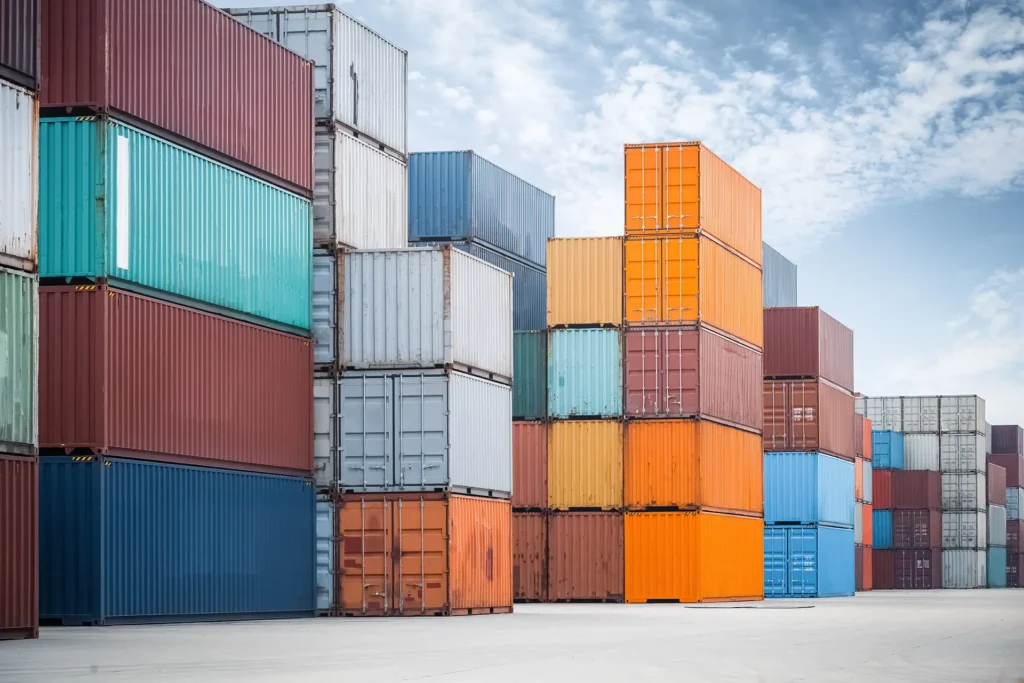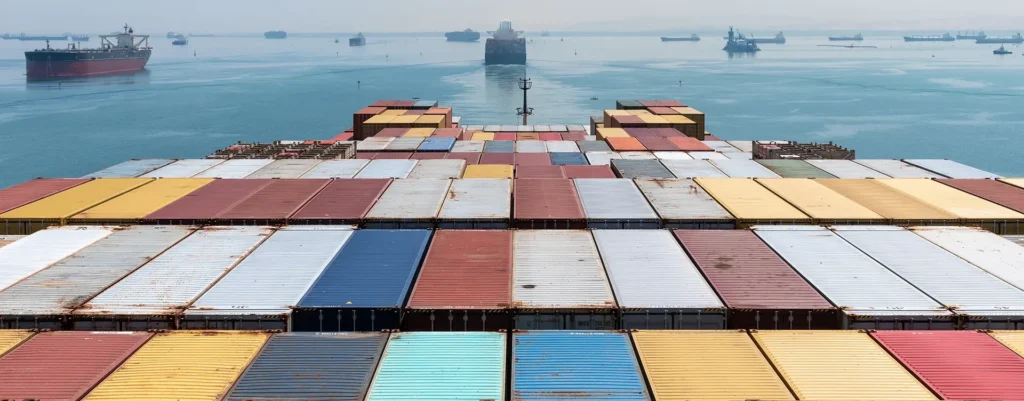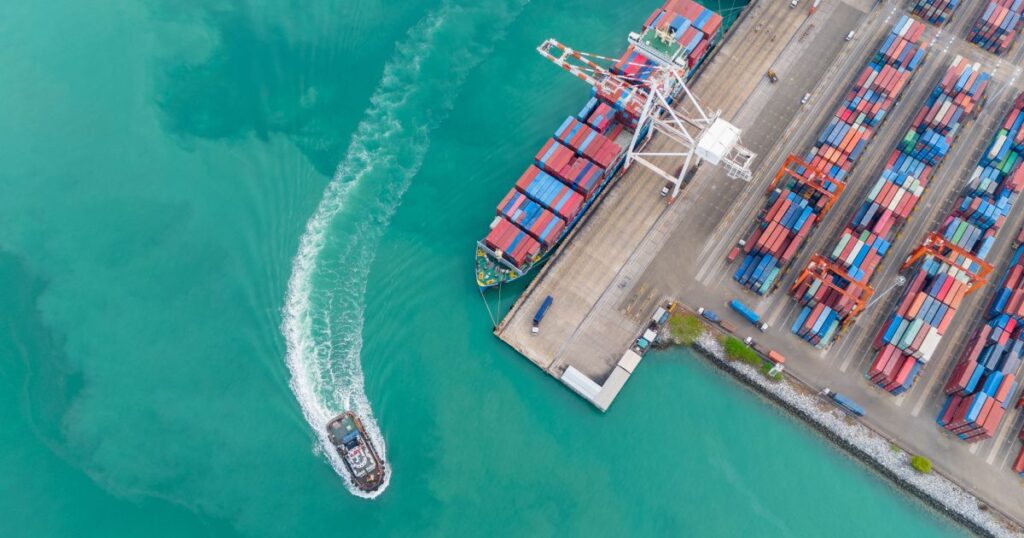What is a tender?
A tender is a formalized, documented process used in many different sectors to invite bids to fulfill a product, project, or service need for an organization. Organizations use tenders to find the best supplier, at the best price, for the best outcome. ZEMBA uses the term “tender” synonymously with Request for Proposals, or RFPs.
A tender process can vary depending on the industry, company, or even department. For example, the process and outcomes for procuring office supplies, or selecting an employee benefits provider, or picking a new enterprise software are all different. However, the underlying benefits of a tender process are the same: the transparency of the opportunity increases competition amongst suppliers, creating the conditions for cost-effectiveness, informed decision-making, and risk mitigation for both the buyers and suppliers.
Here’s how tenders work:
- First, the party soliciting bids—the buyer(s), or the customer(s)—informs the market of the relevant details of their goals, requirements, and evaluation criteria.
- Second, bidders, after learning of the prospective customers’ needs, develop and submit proposals to deliver the requested product, project, or service, competing in a fair and transparent manner.
- Third, the buyer(s) receive(s) information about potential offerings in a streamlined, thorough, and easy-to-evaluate fashion, selecting a high-quality product or service at agreeable terms.
Tenders are ubiquitous in maritime shipping
In the ever-moving global supply chain marketplace, freight buyers—which need their avocados, t-shirts, or smartphones shipped around the world—must arrange secure, cost-efficient, and predictable maritime transportation; it’s essential to the continued operation of these businesses and the global economy overall. It’s no easy feat. Almost all of commercial container shipping is procured through tenders.
Typically, companies seeking to transport their goods by sea procure their container shipping services either on a yearly or “on the spot” basis. They either undertake these short-term contracts individually, or with the help of freight forwarding companies that are laser-focused on managing and streamlining logistics flows on behalf of their client companies. These traditional, time-tested approaches can work well enough to get boxes from point A to point B under the status quo. However, for companies attempting to address emissions associated with their shipping, and do so through new fuels and technologies not yet widely available in the market, going it alone and with short-term contracts for small bits of volume at a time is not a feasible way to affect change in a massive, interdependent, hard-to-abate industry that is the backbone of global trade.
How ZEMBA tenders are driving the clean energy transition
The maritime shipping sector faces a chicken-and-egg problem as it moves to transition to a clean energy-powered future. Suppliers (in this case ocean carriers) don’t want to make costly investments in new fuels and technologies without knowing that customers are willing to pay for cleaner shipping, thus allowing carriers to recover most or all of those costs. Customers operating under business as usual lack the individual buying power, time, and expertise to drive their suppliers toward adoption of new clean solutions.
ZEMBA tenders are specifically designed to kickstart the market for cleaner shipping, addressing this chicken-and-egg problem. Through our tenders, we bring together willing buyers (i.e., aggregated demand) to signal their demand early, giving the market time and confidence to prepare (i.e., forward procurement) and deliver over longer binding offtake contracts.
Aggregated demand: One of the defining characteristics of ZEMBA tenders is that we offer suppliers a direct line to the aggregated demand of 40+ major multinational companies willing to pay an early premium for clean energy powered shipping. Meanwhile, ZEMBA members are able to minimize risk, save time, and access the most innovative technologies, fuels, and services available—providing a credible pathway to reduce some of their most hard-to-abate Scope 3 emissions. As membership continues to grow, these benefits will only increase with scale. 1
Forward procurement: Under the status quo, high-emission fuels typically used to power vessels are readily available worldwide, and are usually purchased on a spot basis. In contrast, the fuels and technologies that ZEMBA solicits through our tenders aren’t available in the market today. In order for carriers to enter into the longer term offtake agreements with clean fuel providers to produce, distribute, and deploy these new fuels, arrange bunkering, retrofit vessels, etc., suppliers need more time and confidence in their customers’ willingness to pay.
ZEMBA was designed with a purposeful longer time gap between the launch of our tenders and the expected delivery date of services. By offering a longer-than-usual lead time between tender and deployment, ZEMBA provides suppliers with sufficient preparation time to deploy new fuels and technologies on the water.
Longer contracts: ZEMBA tenders also offer longer contracts (between 3 and 5 years for our e-fuel-focused tender) than the typical 1-year or spot purchases that are commonplace in the maritime sector today. Similar to the benefits of our forward procurement approach, offering longer contracts provides shipping suppliers with the confidence they need to procure and deploy the fuels and technologies in line with ZEMBA’s tender requirements. For our members, longer-term contracts allow them to have greater certainty that their investments will realize technology innovations and predictable reductions in emissions as they work toward corporate 2030, 2040, and 2050 targets.
Kickstarting the maritime sector’s clean energy transition starts now
As companies progress on their journey to achieve their clean energy goals, much of the “low-hanging fruit”—such as transitioning to electric fleets, sourcing renewable power, and enhancing efficiencies—will soon be tapped. As those approaches are implemented, emissions reductions will eventually flatline, leaving harder-to-abate sectors to make up a greater share of companies’ overall supply chain emissions. In other words, companies can not meet their targets without addressing emissions from shipping and ideally any investments they make in cleaner shipping will result in new market offerings that can significantly reduce in cost with scale.
Harder-to-abate sectors are so named for a reason; the pathway to reduce emissions is often unclear and/or costly. However, within the maritime sector, ZEMBA has developed a proven pathway to enable its freight buyer members to credibly reduce Scope 3 ocean transport emissions and build new competitive markets for solutions they will need at scale in the years ahead. To ensure the maritime sector is on track for an economically-viable clean energy transition, we cannot delay; we must promptly begin to develop and scale new sustainable fuels, technology, and maritime infrastructure.
The actions and investments ZEMBA member companies are undertaking in this decade will catalyze the creation of a reliable, innovative, cost-effective, clean energy powered maritime sector for decades to come.
If your company is:
- Looking to support long-term solutions to meet 2030 and 2040 goals,
- Thinking ahead toward a more sustainable form of business, and
- Dedicated to supporting creative and collaborative solutions to thorny supply chain sustainability problems…
Reach out at https://www.shipzemba.org/join-zemba/ to explore joining the Zero Emission Maritime Buyers Alliance today.
1All ZEMBA members are invited to participate in each of its tender processes, but there is no requirement for members to participate in every tender, and ZEMBA has no “minimum” amount that members need to tender for. However, the membership of repeated non-participating members may be evaluated by the ZEMBA Board and, if needed, membership may be revoked.



